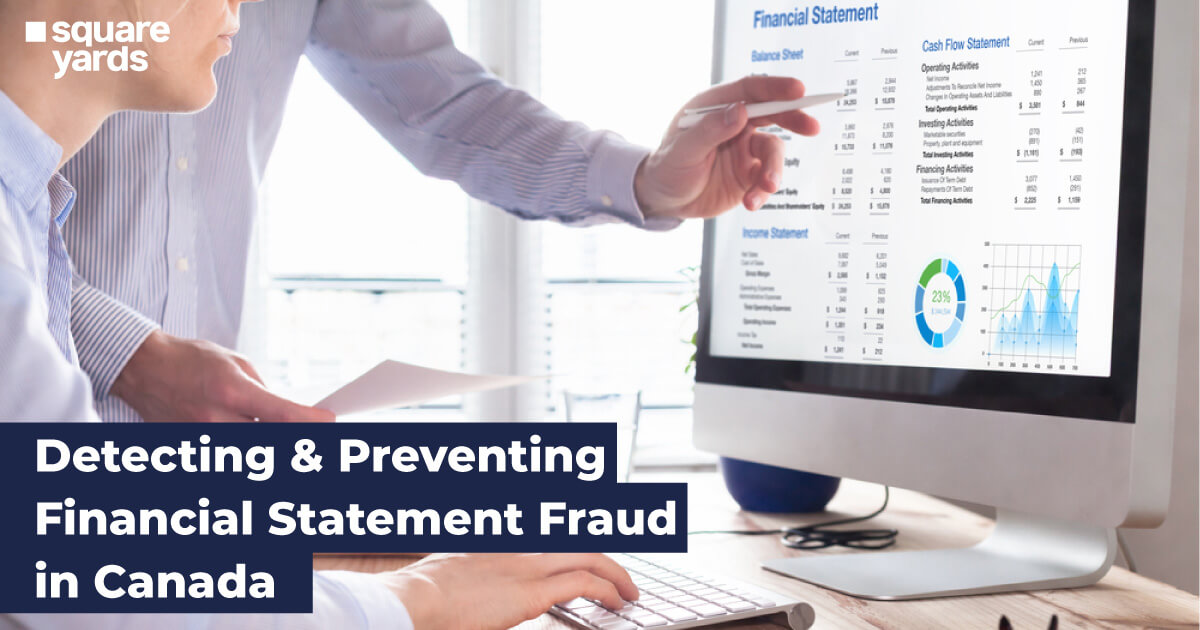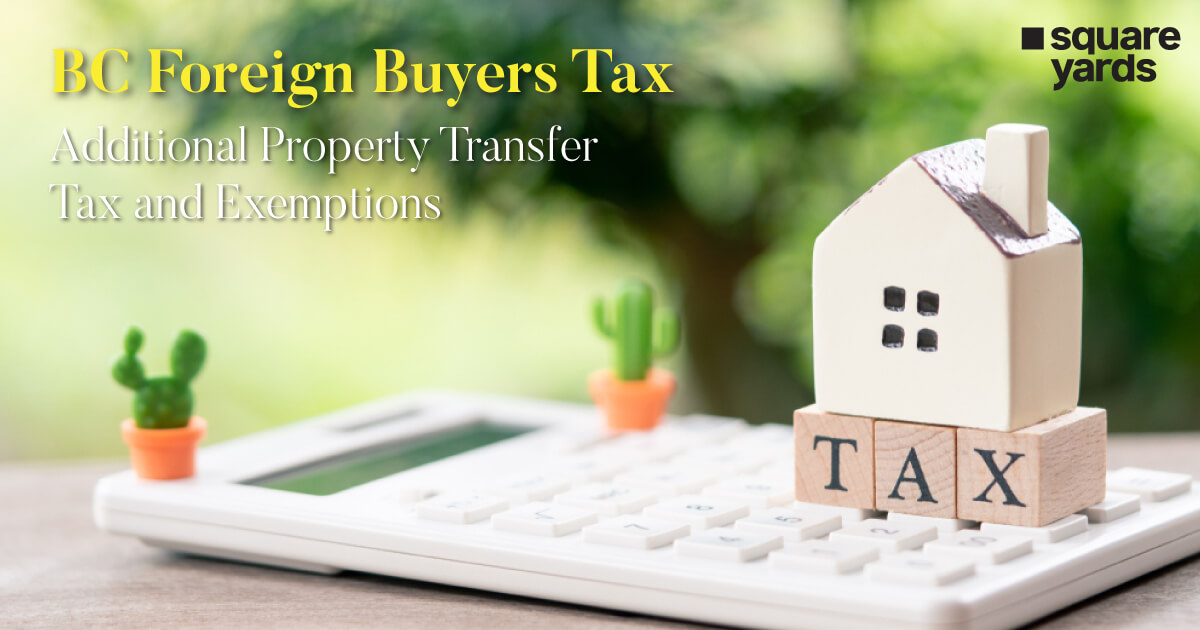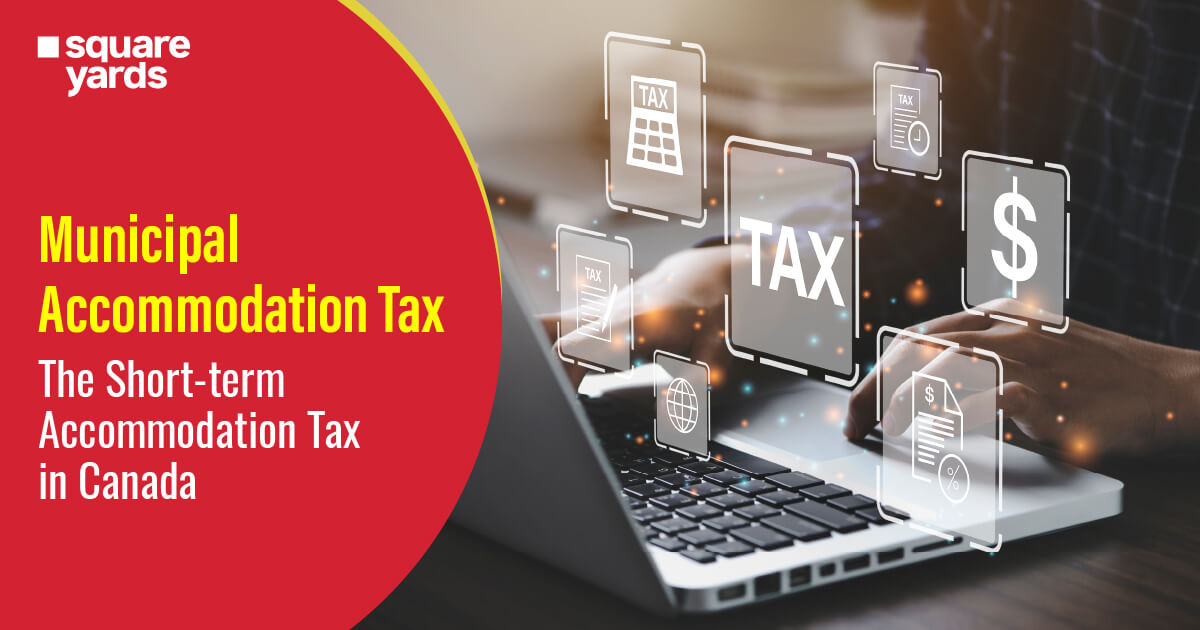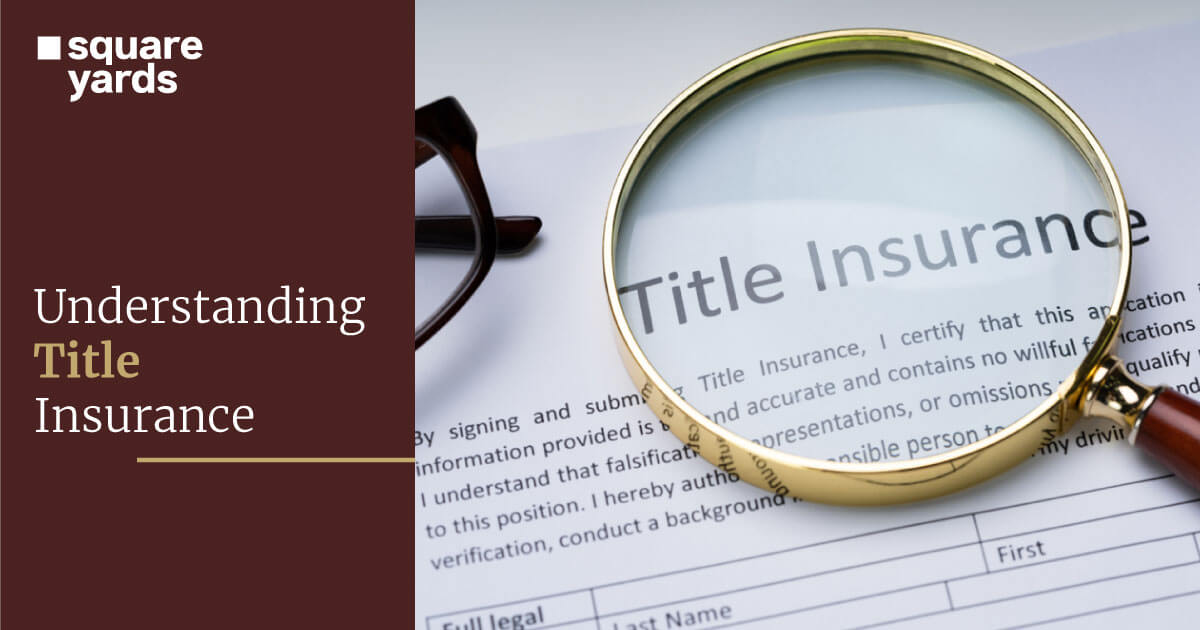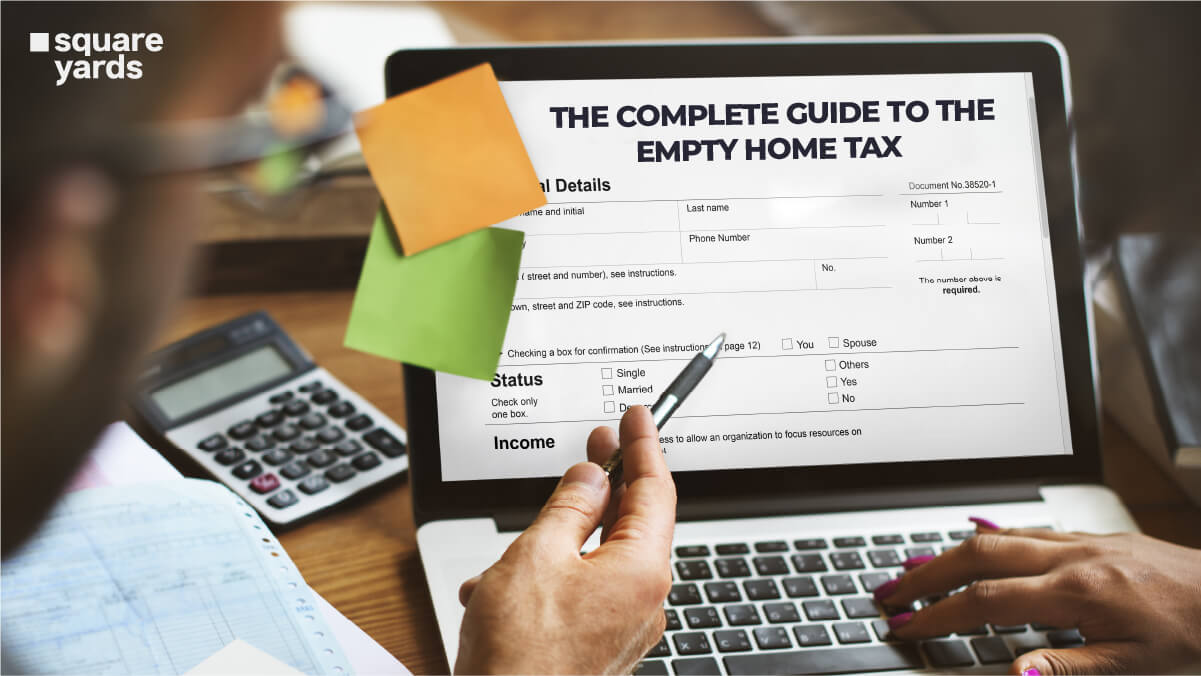Welcome to a world of personal financial independence created just for our cherished older citizens! We recognise the value of protecting your financial future and savouring the well-earned serenity while the golden chapters of life unfold. Get ready to go out on a trip where experience meets wisdom and where seasoned knowledge meets money saving tips. Learn the secret smart financial planning that will enable you to prosper and thrive during your retirement years.
Unveiling the Top Money Mastery Hacks
In this wonderful time when everyone wants to relax and live carefree, it’s important to pay attention to your smart financial planning and make every penny count. We have come up with some crunchy ideas that will help you manage your money well and money savings tips. Together, let’s take this journey to make sure your golden years are prosperous and joyful.
-
Split Your Pension Income

Reduce your tax obligations to the government as you enjoy your latter years. There’s a money-smart financial planning approach to reduce your taxable income if you’re no longer employed and rely on your pension and interest income. You and your spouse or common-law partner may divide up to 50% of your pension income if you are 65 years old or older. To assist you both in saving on taxes, this implies that the money you divide will be added to their taxable income.
You can make up to 50% of your pension income tax-free by using the clever tax management tool of pension income splitting. However, bear in mind that not all pension income is eligible for splitting. These include various sums that, when added together, provide what is referred to as “eligible pension income.” Therefore, by utilising this tactic, you can save more of your hard-earned money for the things that are most important to you in your later years.
Payments from taxable annuities obtained from:
-
- Superannuation
- Pension Funds
- Retirement plans
Here is the list of eligible pension income, which is an aggregate of the following amounts:
-
- Payments and earnings from Registered Retirement Savings Plans (R. R. S. P.) annuities.
- Amounts distributed from a qualifying Retirement Compensation Arrangement
- D. P. S. P. (Deferred Profit-Sharing Plan) income
- Retirement benefits and any retroactive lump sums from Registered Pension Plans (R. P. P.)
- I. A. A. C (Income Averaging Annuity Contracts) regular annuities received
- R. R. I. F. (Registered Retirement Income Fund) income
- Earnings from Employee Benefit Plans (E. B. P.)
- Any pension obtained from a foreign country, like Social Security in the US
You cannot split pension income that falls outside of this allowed range. Here is a list of “ineligible pension income” specifically defined by the government: Each and every payment made in connection with elderly protection
Got money from:
-
- CPP (Canada Pension Plan)
- QPP (Quebic Pension Plan)
- Any overseas pension earnings received in Canada that are tax-free
- Amounts received from Individual Retirement Accounts (IRAs) managed by the United States
- Amounts from Line 11500 that were received from the Registered Retirement Income Fund and transferred to
- Another Registered Retirement Savings Plan (R. R. S. P.)
- Additional Registered Retirement Income Fund
- Added annuity strategy
Manage Your Wealth
The cost of probate might be a nuisance. They can be expensive and vary depending on how much your possessions are worth. The fees will be higher if your estate is worth more money. In Ontario, the fees are calculated using a slab rate. This implies that the fees rise in line with the value of the estate.
|
Slab |
Total Value of Estate |
Probate Fees |
|
Slab-1 |
No More than $50,000 |
5 dollars per thousand dollars |
|
Slab-2 |
More than $50,000 |
15 dollars per thousand dollars |
You must manage and make an effort to lower the worth of your estate as a whole in order to lessen the financial burden of probate fees. You can achieve this by using the techniques listed below:
-
- Your beneficiaries can be specified- You can specify who will get the money smart from a life insurance policy when you pass away. The funds will be transferred straight to the beneficiaries’ designated bank accounts. This sum of money won’t be included in your estate distribution.
-
- Assets might be kept on hand as cash or certificates- You can give bearer certificates to your loved ones, and they can cash them directly into their accounts. This keeps those assets separate from your estate value.
-
- Funds Can Be Built up in Registered Savings Arrangements- Your savings in registered plans like RRSPs, RRIFs, and TFSAs are exempt from the probate process. If there is any money in these accounts when you die away, it is not taken into account when determining the worth of your estate.
- During your lifetime, you can give away your property- Your property won’t be included in what you leave behind if you give it away while you’re still alive. It resembles a beautiful gift that doesn’t raise the value of your estate.
- You are able to set up a trust fund- After you pass away, you can create a “Trust Fund” and transfer the assets there: a) This trust will take ownership of all assets held by it and transfer ownership to the proper parties. Such assets won’t be included in the value of your estate.
Make A Will
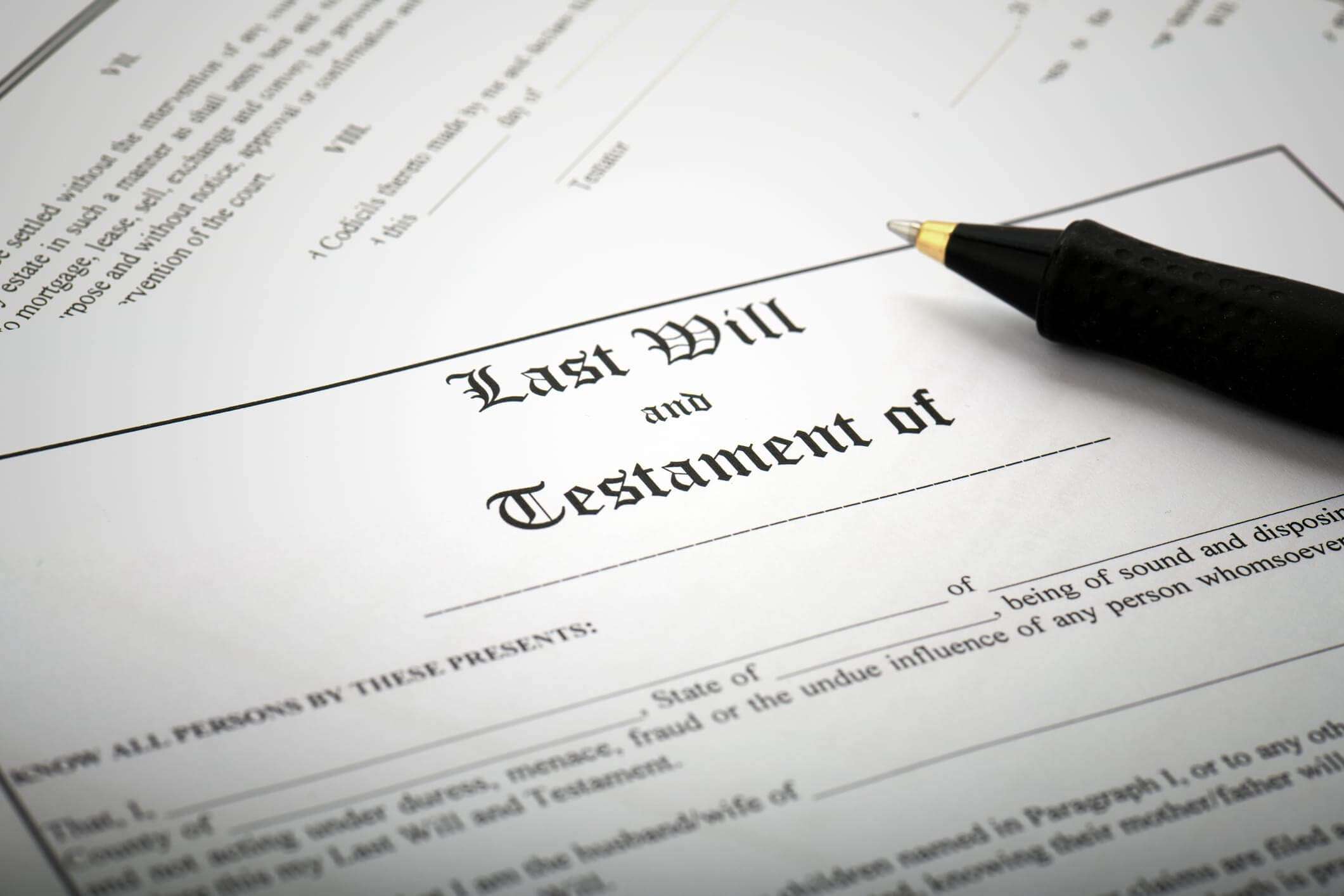
Making a will is one of life’s most underrated tasks. Unfortunately, their family has to deal with the consequences because many elders don’t give it any thought.
If you don’t have a will:
-
- The court chooses your “closest relative” to handle everything and make decisions about distributing your assets. They might not do it fairly.
- Your family, spouse, and children won’t have direct control over your estate. Much of it could get frozen.
- This could lead to chaos, confusion, and disagreements among your legal heirs.
Wrap-up
We have finally given our beloved seniors access to a world of financial independence. Embark on a journey with us where you have an idea to make smart financial planning and money saving tips. Discover the hidden financial gems so you can prosper in your retirement. You should leave on this journey right away and take advantage of your well-deserved retirement.
You May Also Read
|
Discover Average Pension in Canada |
|
|
About E-Transfer in Canada |
|
|
Guide To Personal Finance in Canada |
|
|
All About How To Invest In REITs |
Frequently Asked Questions (FAQs)
Yes, if you have a proper plan for how to money smart and how to save your penny. The most popular source of financial assistance for seniors is the Old Age Security (OAS) programme, which offers the majority of Canadians over 65 a small pension.
There are numerous ways to set a plan for financial success in old age, including starting early, making contributions to retirement accounts, developing a budget, diversifying your investments, paying down debt, accounting for inflation, thinking about long-term care insurance, having an emergency fund, reviewing and modifying your plan frequently, and seeking professional guidance if necessary.
Some of the most secure long-term investments in Canada are fixed annuities. Typically, banks or insurance firms issue these. Over a number of years, they offer consistent payments that are typically made monthly. Retirees often use annuities to generate income throughout their golden years. Is there financial help for seniors in Canada?
How do you prepare financially for old age?
What is the best investment for seniors in Canada?



